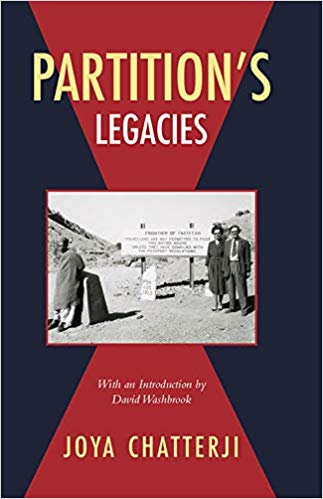This collection of articles by Joya Chatterji presents multiple dimensions of the consequences of India’s Partition and resultant violence and migration. Although Indian Partition has been a crowded topic, Chatterji has successfully made a notable mark in this field. In many respects, by contesting the conventional narratives of the events around Partition, these essays put forward convincing revisionist arguments. Through all these articles, the author engages with her central concern—Partition and migration that are reflected in various ways as social history, political history and even a little intellectual history. Published over a period of twenty years, the thirteen articles engage with various layers of debate on these issues.
The earliest of these essays critically reviews certain books on Bengali Muslim identity and probes the idea of whether it has been more Bengali than Muslim. In the process of discussing these writings, she expresses her agreement with views on various themes such as the nature of Islam, identity of Bengali Muslims or any other Muslim for that matter, and the contested character of histories concerned with Bengali Muslims. The author agrees with the works of Richard Eaton and Asim Roy who put forward the idea of Islamic syncretism, the open-ended nature of Muslim identity in Bengal, chronologically and socially differentiated character of Islamization of the region particularly between ashraf and atrap, relatively weak influence of Hinduism among the peasant converts to Islam, and the prevalence of pir cults among these Muslims which was much derided by the orthodox.

